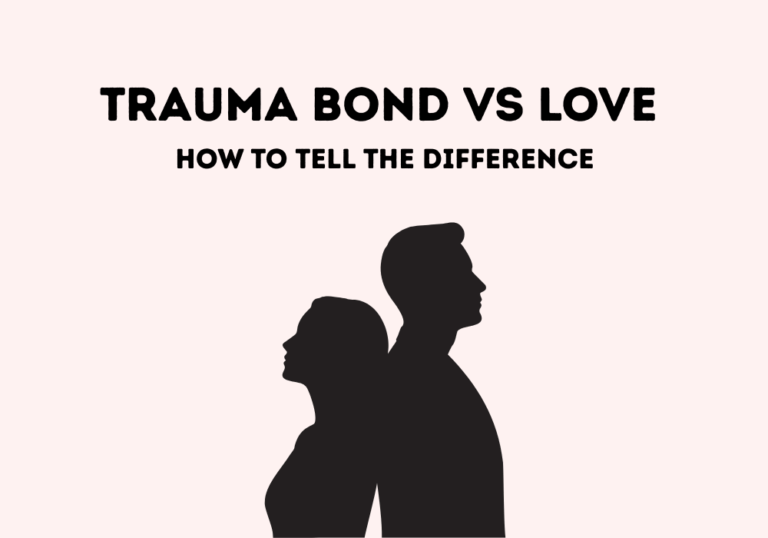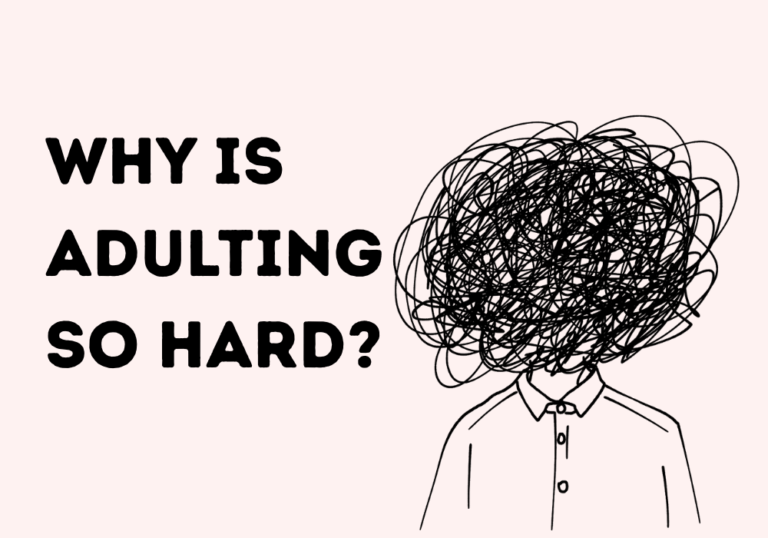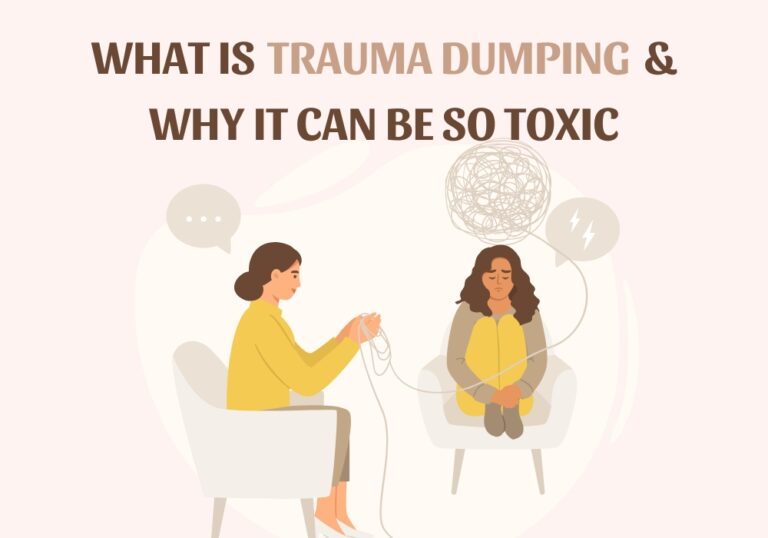Have you ever felt that knot in your stomach when you think you might be turned down? It’s a common emotion that stops us from pursuing our dreams and forming strong bonds. Throughout this piece, we will explore the symptoms, reasons, indicators, impacts, and, most crucially, ways to overcome the fear of rejection.
What is the fear of rejection?
Most people encounter the fear of rejection in their lives, whether in relationships, at work, or in social settings. Feeling nervous about rejection is normal, but for some, it can become overwhelming, affecting daily choices. When fear of rejection becomes too much, it hinders you from taking chances, forming connections, or savoring the present. It’s an enduring and irrational dread of being excluded socially, which may accompany social anxiety disorder or present independently. This fear can lead to needy behavior and avoidance of social interactions.
Symptoms of Fear of Rejection:
Experiencing the fear of rejection can show up in different ways, both physically and emotionally. Some typical symptoms are:
- Increased heart rate
- Sweating
- Nausea
- Negative self-talk
- Avoiding eye contact
- Avoiding or having difficulties talking to other people
If you’re noticing these signs when rejection might happen, it could mean you’re struggling with this fear.
Effects of fear of rejection:
Fear of rejection can greatly affect how someone feels emotionally, their relationships, and the decisions they make in life. Here are some typical effects:
1-Missing out on opportunities:
People may avoid trying new things or seizing opportunities, like applying for a job or building relationships, because they are afraid of rejection or failure.
2-Low self-esteem:
Experiencing constant fear of rejection can result in self-doubt and lowered self-esteem, making individuals feel inadequate or undeserving.
Related: Low Self Esteem: 10 Effective Ways to Improve Self-Worth
3-Social isolation:
The fear of rejection can make it much harder to build new relationships or keep up with current ones. This struggle with connecting socially can lead to deep feelings of loneliness and a strong sense of isolation.
4-Stress and anxiety:
Consistently focusing on the fear of being rejected can lead to an overwhelming sense of chronic stress and anxiety, which can ultimately have significant negative effects on both mental and physical health. This persistent worry may create a cycle of self-doubt and insecurity, making it increasingly difficult to form meaningful connections with others, and can hinder personal growth and well-being.
Related: 10 Effective Techniques to Reduce Stress
Related: How To Deal With Anxiety: 15 Powerful Methods
5-Perfectionism:
Some individuals may develop perfectionist tendencies, firmly believing that if they can achieve a state of perfection, they can successfully avoid the painful experience of rejection. This constant drive for flawlessness puts intense pressure on them, often leading to burnout and deep dissatisfaction in both their personal and professional lives.
Related: How To Overcome Perfectionism in 10 Tips
What causes fear of rejection:
1-Prior experience with rejection:
Past experiences of rejection can make people feel especially nervous about facing it again in the future.
Low self-esteem
2-Low self-esteem:
Individuals who possess poor self-esteem often have a delicate perception of their own value, causing them to think they are not worthy of approval or achievement. This can intensify the fear of rejection by confirming their existing negative self-image. Consequently, they may steer clear of scenarios in which they could face rejection, ultimately restricting their personal development.
3-Fear of failure:
Many people link rejection closely with a deep fear of failure. Some feel that when they face failure or rejection, it means their skills, abilities, or self-worth aren’t good enough. This strong fear can stop them from making important changes in their careers, relationships, or personal goals, as they see rejection as proof of their own flaws or inadequacies.
Related: Why Do I Feel Like a Failure? 20 Causes That Might Shock You
Related: Overcome Fear: 12 Proven Tips to Conquer Your Fears
4-Social anxiety:
People with high levels of social anxiety frequently struggle with strong feelings of fear or tension during typical social situations. This happens because they have a strong fear of being rejected, criticized, or embarrassed in public. These feelings can greatly impede their capability to comfortably participate in different social contexts, resulting in avoidance actions and a lack of faith in their social abilities.
Related: 11 Ways to Overcome Social Anxiety
How to overcome the fear of rejection
If you’re afraid of being rejected or not accepted by others, there are effective ways to manage this fear and keep it from affecting your life negatively. The strategies listed below can help you overcome the fear of rejection and build your confidence.
1-Build confidence:
Building confidence helps you feel more secure and comfortable in who you are. When you are confident, you understand that your self-worth isn’t based on others’ opinions, allowing you to be yourself without worrying about criticism or rejection.
To boost your confidence, set small, achievable goals and celebrate your successes. Practice positive self-talk by highlighting your strengths. Surround yourself with supportive people, and take small steps outside your comfort zone. These steps can help you feel more assured in yourself and your abilities over time.
Related: 21 Signs of a Truly Confident Person
2-It’s normal:
Rejection is a common occurrence that most people face at different times in their lives, whether in personal, professional, or social settings. The fear of being rejected is prevalent and can greatly affect an individual’s confidence and willingness to try new things. This worry frequently results in feeling anxious and hesitant, ultimately stopping individuals from seeking opportunities or building significant relationships with others. Recognizing and accepting this common occurrence can assist people in managing their emotions and building resilience when facing possible rejection.
3-Take small steps to build resilience:
Start by placing yourself in smaller, controllable situations where you might experience rejection, but the outcomes are not important or life-changing. For instance, try expressing your thoughts in a group discussion or making introductions at a social function when meeting new individuals. As you encounter these situations more frequently, you will gradually learn to recover from disappointments and understand that rejection can be both manageable and beneficial for personal development and improvement.
Related: Boost Your Creative Resilience:10 Tips to Overcome Adversity
4-Avoid making comparisons:
It’s essential to avoid making comparisons with others, as doing so can significantly increase the fear of rejection by causing you to feel inadequate and less worthy. Remember that each person’s journey is unique and personal, and rejection does not diminish the value or validity of your own path in any way. Embrace your individual experiences and recognize that they contribute to your growth and development.
5-Everyone has their focus:
Many people walk into a room and immediately feel self-conscious or embarrassed as if all eyes are on them. They often have the impression that everyone is watching their every move. In reality, however, people are usually preoccupied with their own lives and personal problems, or perhaps they are also wondering what others think about them and how they are perceived in the social setting. This shared experience of self-doubt can create a sense of connection, even amidst feelings of isolation.
6-Know your self-worth/ Practice self-compassion:
Be kind and understanding towards yourself when facing rejection. Instead of being overly hard on yourself, take a moment to reflect and remember that rejection is a common aspect of life that everyone experiences at some point. It does not define or determine your true worth or value as a person. Engaging in self-compassion not only aids in a smoother transition through tough times but also encourages perseverance and resilience for future attempts and challenges that may come your way
7-Visualization:
Visualization is a highly effective tool that can assist in decreasing the anxiety typically linked with the fear of rejection. Picture yourself effectively managing difficult scenarios that may involve facing rejection, like a job interview or meeting new individuals at a social event. By vividly picturing positive results, you can greatly reduce your fear and develop a peaceful, receptive mindset to confidently and easily deal with such scenarios.
8-Introduce yourself to new people:
The more frequently an individual engages in a specific activity, the more effortless and natural it tends to become over time. To enhance your social skills, begin to present yourself to individuals you encounter in various settings. Greet them warmly with a handshake and inquire about their name in a friendly manner. For those individuals experiencing social anxiety or a fear of rejection, this simple yet meaningful task can feel extremely daunting and overwhelming at first
9-Accept:
A successful method to confront rejection fears is to completely acknowledge it and just observe its presence in your thoughts. People frequently criticize themselves for experiencing these emotions, leading to a worsening of the situation. For example, consider an individual who is especially anxious about attending a social gathering. They worry that others will not approve of them or will reject them completely, resulting in a continuous cycle of anxiety and self-doubt that is difficult to overcome.
10-Take care of yourself:
Self-care is essential to build confidence, boost self-esteem, and decrease fear. Neglecting self-care makes it very challenging for individuals to value and protect themselves in different circumstances. Prioritizing self-care is a strong way to show yourself that you are valuable and deserving of love and respect.
“Transform your self-care journey with a beautiful digital / Printable Self-Care Planner. Download now and start prioritizing YOU!”
11-Seek Support and Constructive Feedback:
At times, feedback from trusted friends or mentors can offer valuable perspectives that allow you to view rejection more objectively. Seeing constructive feedback as a tool for personal development rather than a sign of failure makes it easier to deal with setbacks without affecting self-esteem.
12-Seek therapy:
Working with a therapist can be a valuable step in overcoming the fear of rejection. Therapy provides a secure environment to examine previous events, recognize thought patterns that could be increasing your anxiety, and create ways to manage it. A therapist can assist you in gaining confidence, addressing unresolved feelings from rejection, and improving how you approach relationships and opportunities. For individuals who are struggling with an intense fear of rejection that impacts their everyday activities, therapy can offer valuable strategies to cope with and conquer this obstacle.
Conclusion
To sum up, conquering the fear of rejection requires increasing self-awareness, confronting negative beliefs, and seizing opportunities for personal development. By integrating tactics like using positive self-talk, making incremental progress toward building resilience, and possibly turning to therapy for assistance, people can slowly weaken the control fear has on them. By being patient and persistent, one can turn the fear of rejection into a chance for personal development and build stronger, more confident relationships with others.








